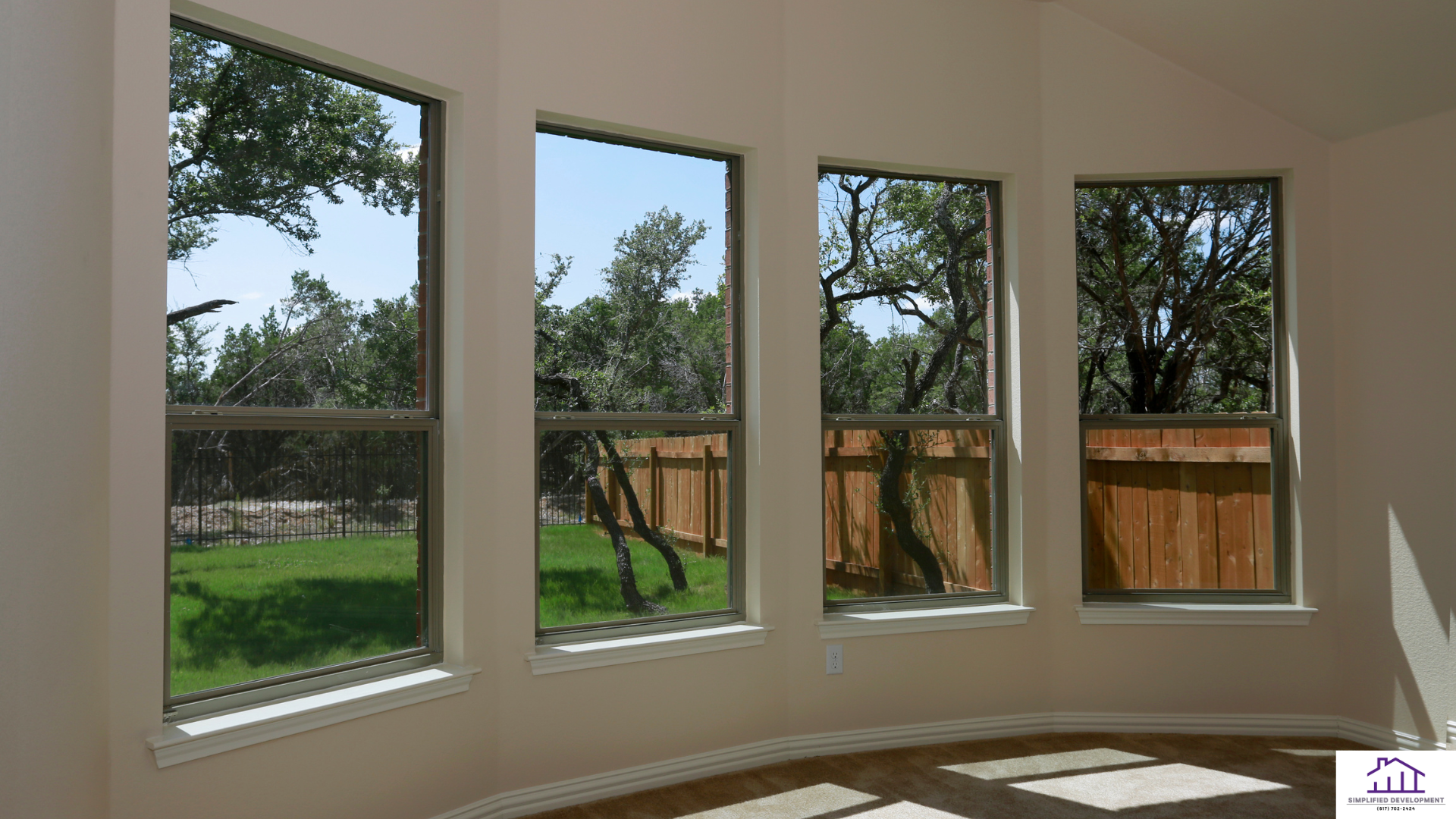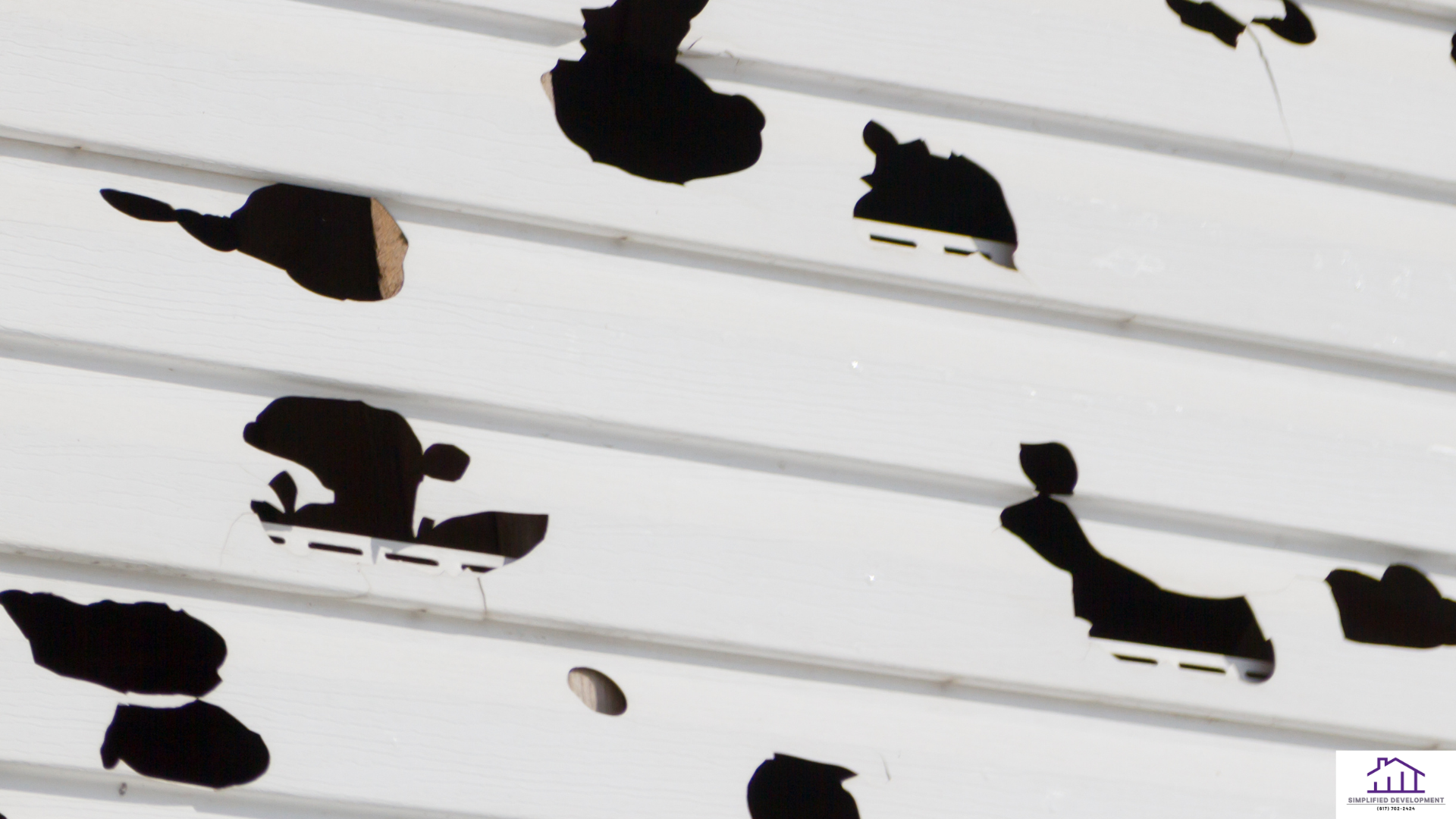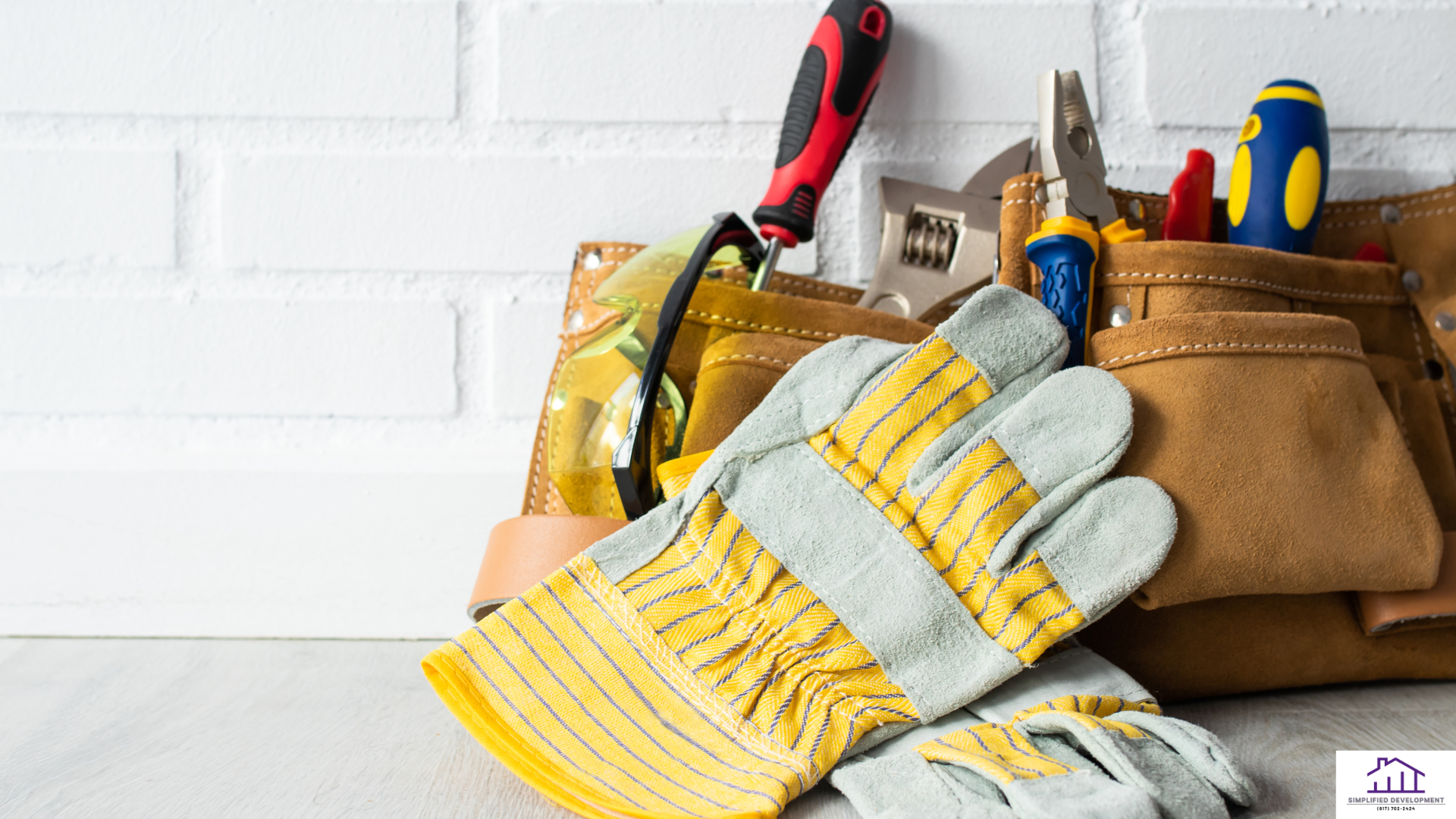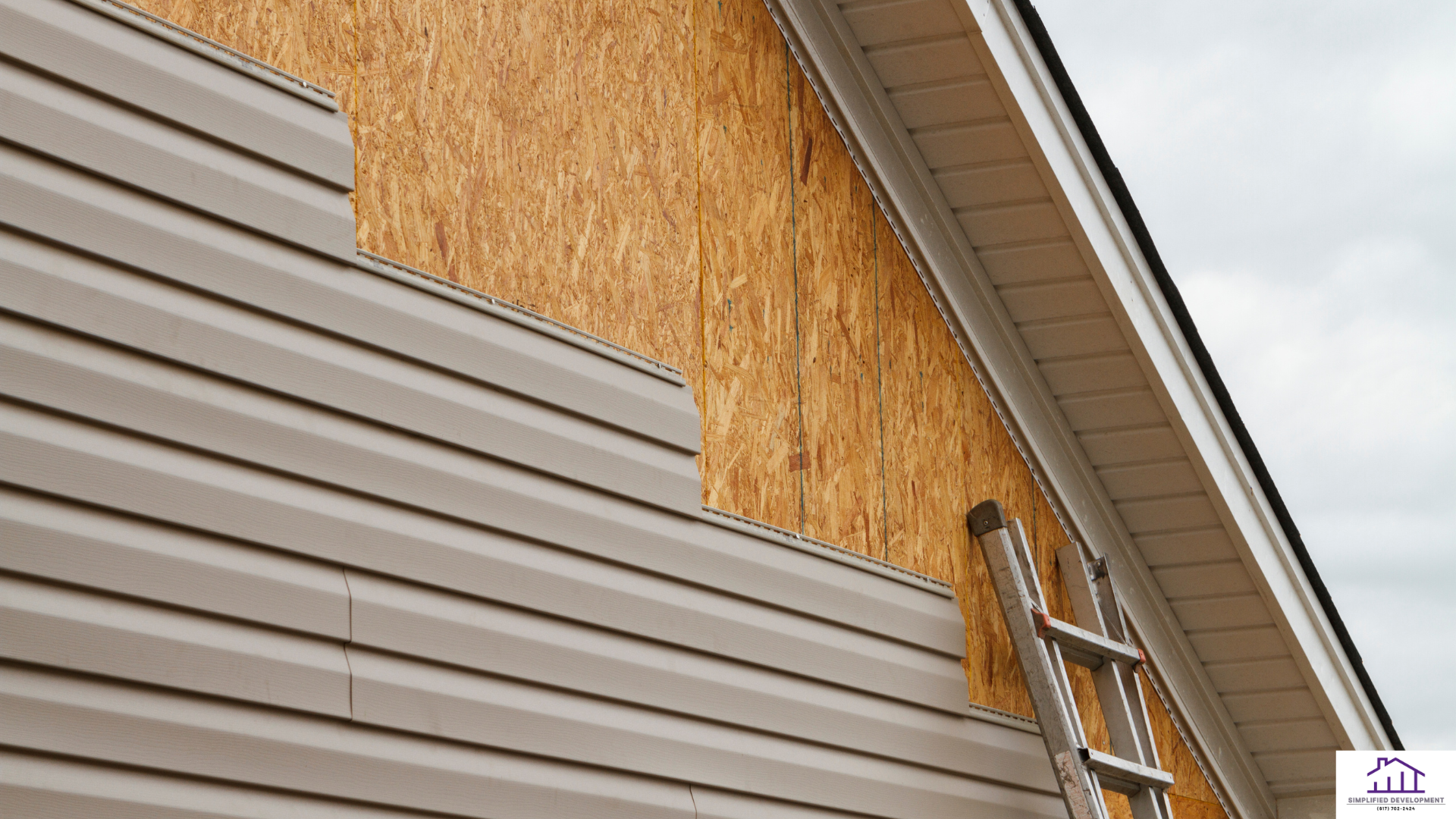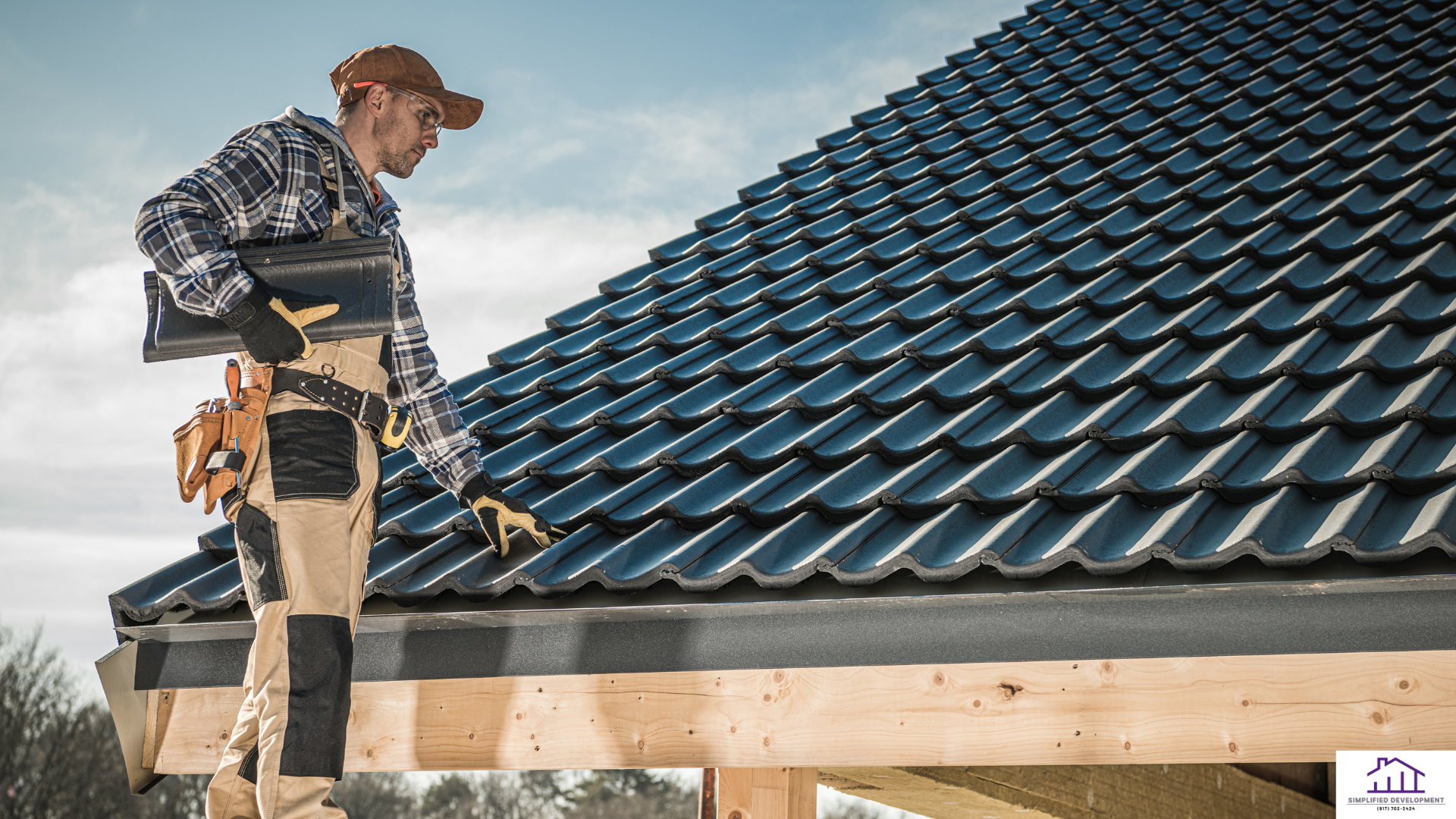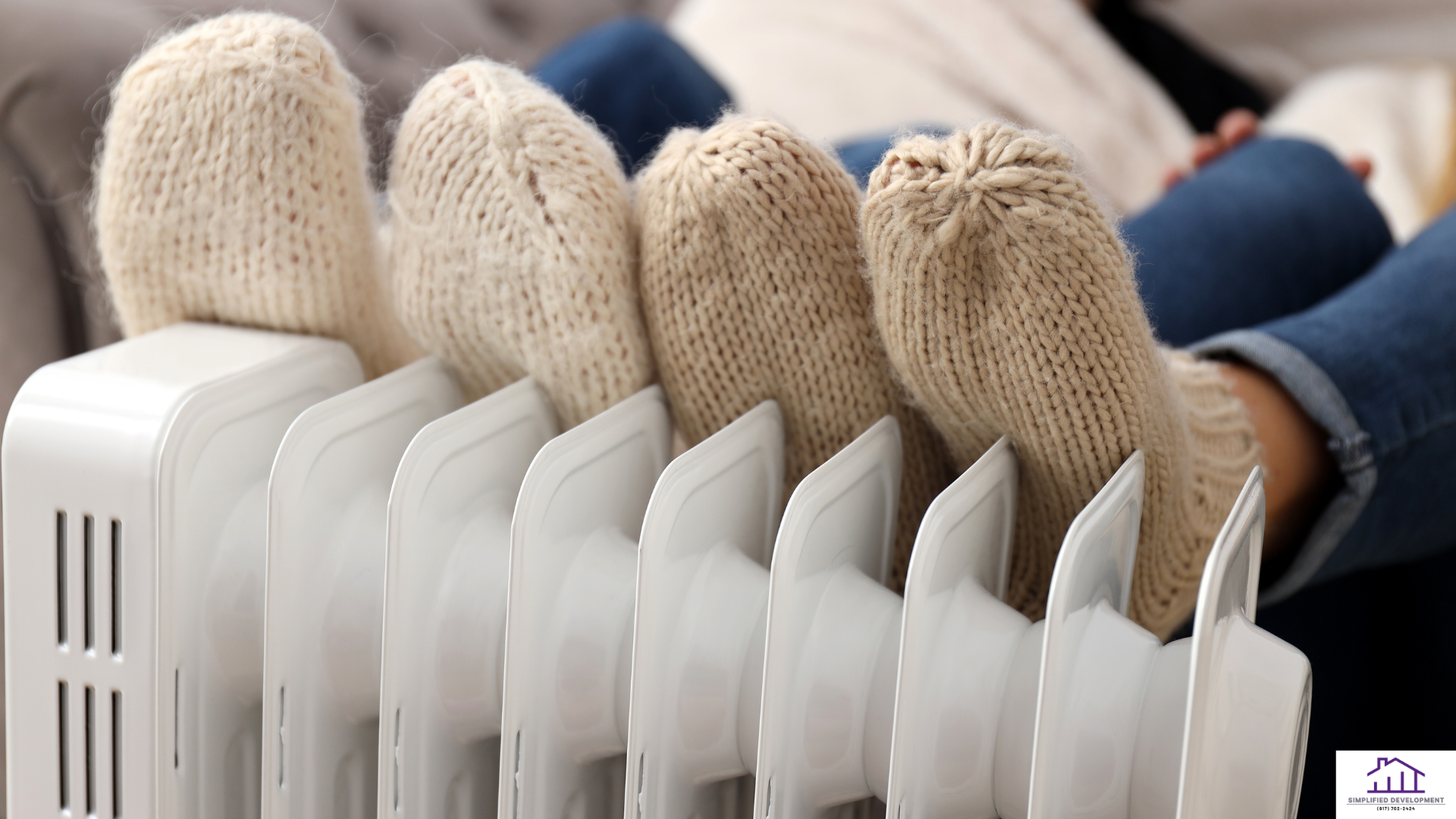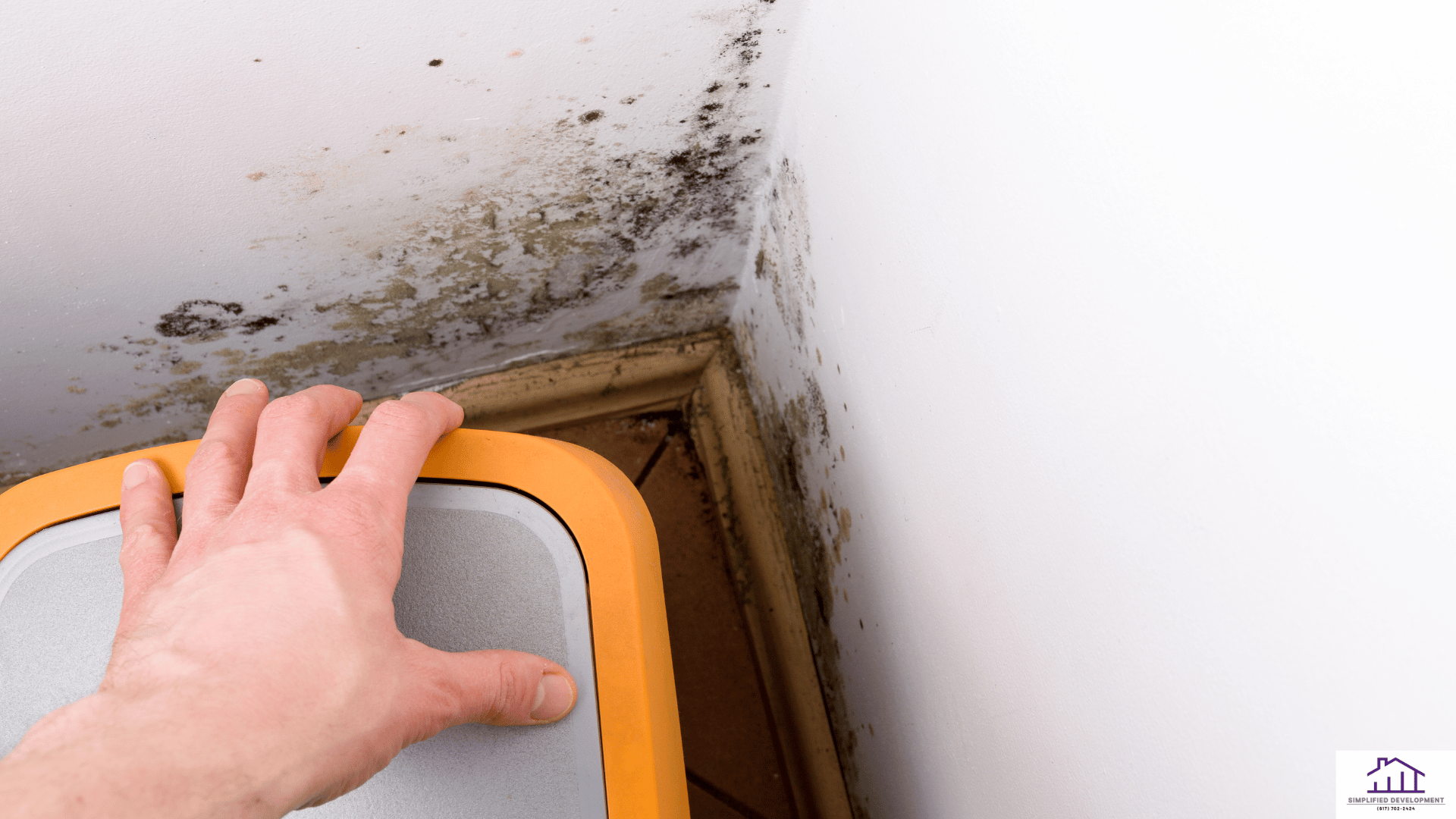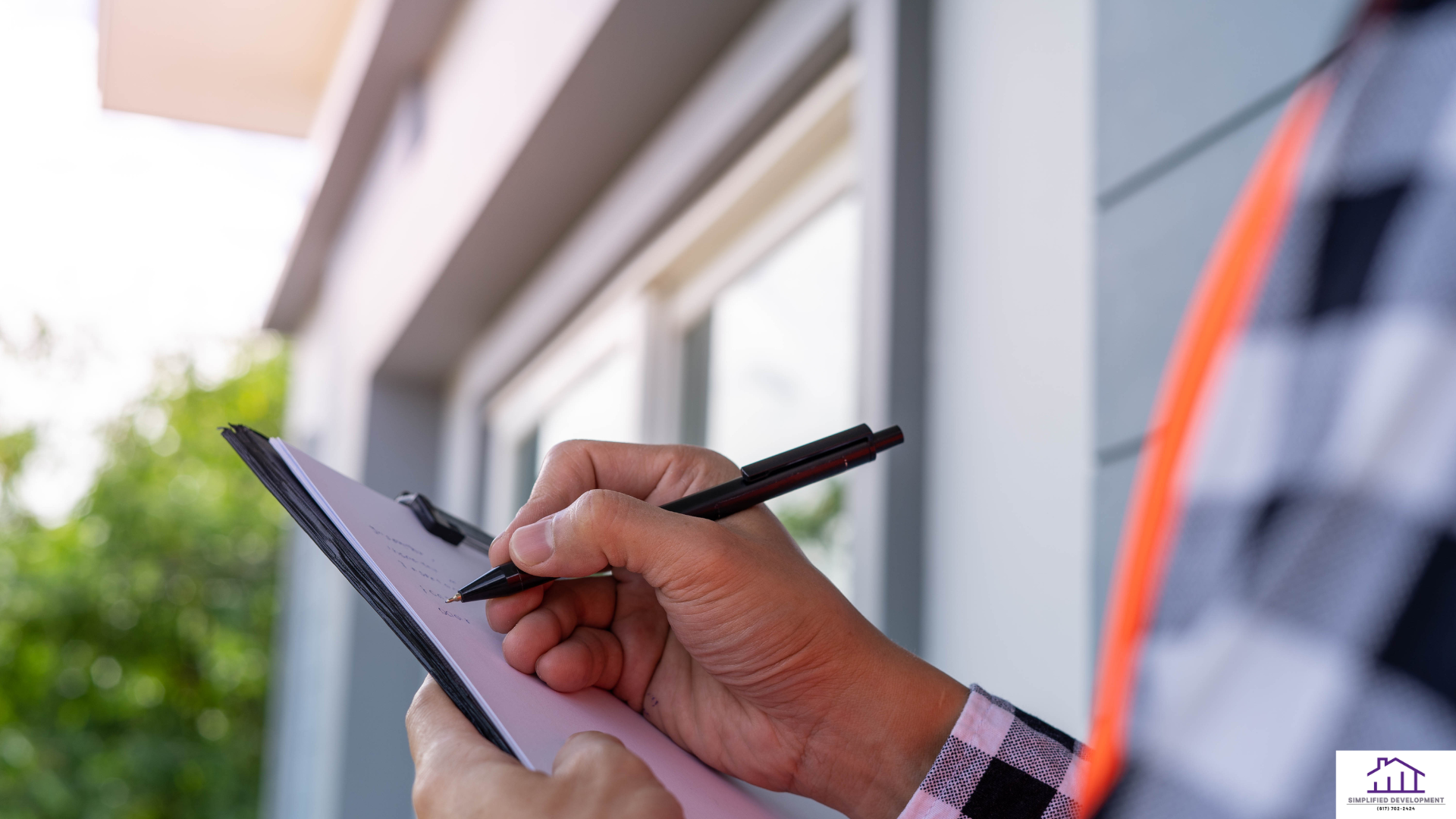Thank you for visiting!
Best Flooring for Basements: Top Choices for Durability and Style
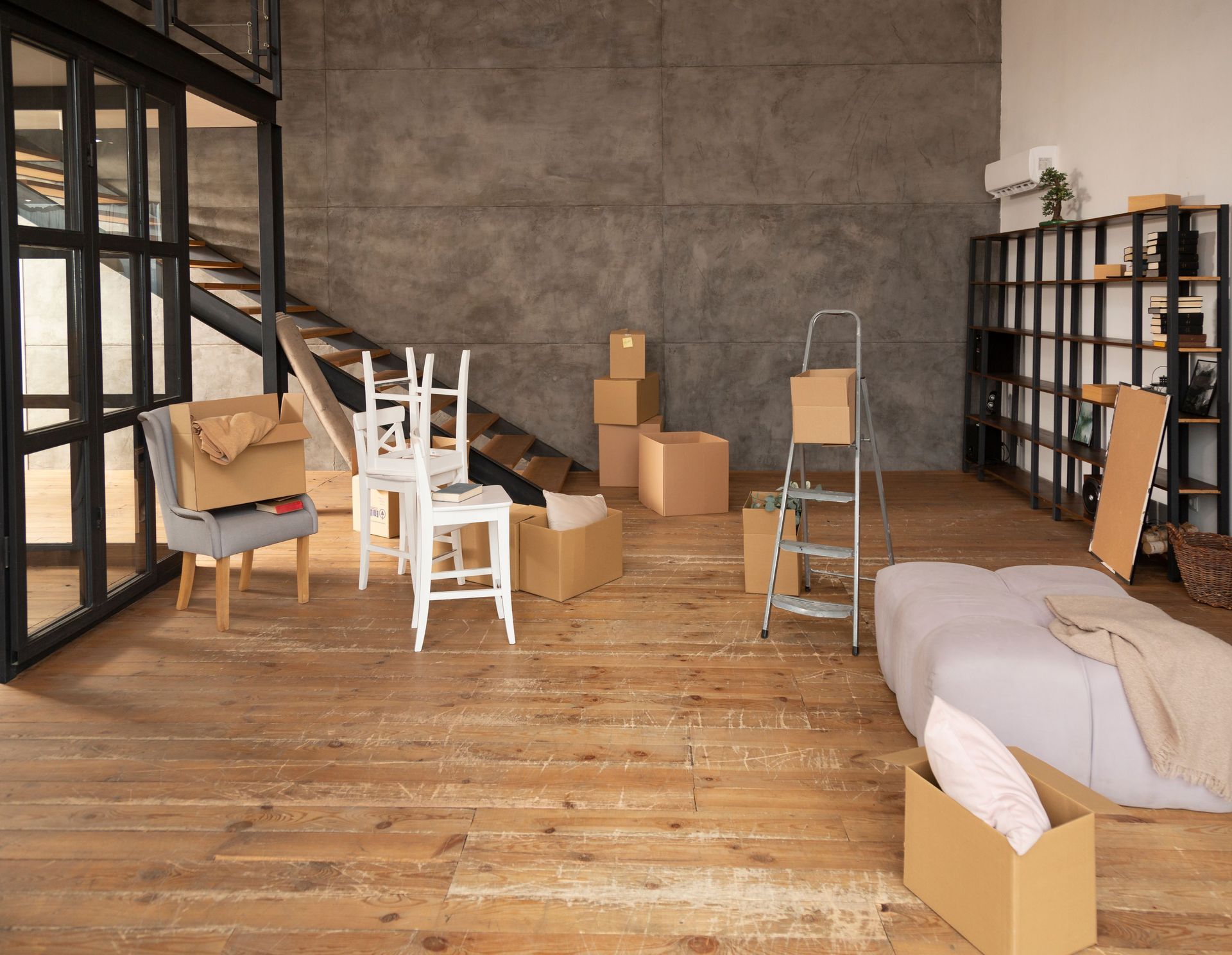
Choosing the best flooring for your basement can be challenging due to unique environmental factors such as moisture and temperature fluctuations. However, with the right flooring material, you can transform your basement into a comfortable, functional, and attractive space. Here are the top flooring options for basements, each offering a blend of durability, style, and practicality.
1. Luxury Vinyl Plank (LVP) and Luxury Vinyl Tile (LVT)
Durability and Moisture Resistance
Luxury vinyl flooring is one of the most popular choices for basements due to its excellent moisture resistance and durability. Both LVP and LVT are designed to mimic the look of natural wood or stone while providing the water resistance of vinyl. This makes them ideal for basements, which are prone to dampness and occasional flooding.
Installation and Maintenance
Luxury vinyl is easy to install, often featuring a click-and-lock system that can be installed over existing floors. It is also low maintenance, requiring only regular sweeping and occasional mopping.
2. Ceramic and Porcelain Tile
Water Resistance and Durability
Ceramic and porcelain tiles are another excellent choice for basement flooring. These tiles are impervious to water and extremely durable, making them suitable for areas with high moisture levels. Porcelain tiles, in particular, are denser and less porous than ceramic tiles, offering enhanced durability and water resistance.
Aesthetic Versatility
Tiles come in a wide variety of colors, sizes, and designs, allowing for customization to match any décor style. From classic stone looks to modern geometric patterns, tiles can elevate the aesthetic appeal of your basement.
3. Engineered Wood
Stability and Appearance
Engineered wood flooring offers the beauty of natural wood with added stability, making it a viable option for basements. Unlike solid hardwood, engineered wood is made of a plywood base with a hardwood veneer, which makes it more resistant to moisture and temperature fluctuations.
Installation Considerations
Engineered wood can be installed using floating, glue-down, or nail-down methods. While it’s more moisture-resistant than solid wood, it’s still advisable to use it in basements with good humidity control to prevent potential warping.
4. Epoxy Flooring
Durability and Maintenance
Epoxy flooring is a highly durable and low-maintenance option for basements, especially those used for utility or recreational purposes. An epoxy coating creates a seamless, waterproof surface that can withstand heavy traffic, spills, and even chemical exposure.
Customization
Epoxy floors can be customized with various colors, patterns, and even decorative flakes or metallic finishes, making them both functional and visually appealing.
5. Carpet Tiles
Comfort and Insulation
For basements that serve as living spaces or home theaters, carpet tiles offer comfort and warmth. Carpet tiles provide good insulation against cold basement floors and can be easily replaced if damaged or stained.
Practicality
Carpet tiles are easy to install and maintain. If a section becomes damaged, you can replace individual tiles rather than the entire carpet, making them a practical choice for basements.
6. Concrete Flooring
Versatility and Cost-Effectiveness
Polished or stained concrete is an increasingly popular basement flooring option due to its cost-effectiveness and versatility. Concrete floors can be customized with stains, dyes, and finishes to create a variety of looks, from industrial chic to polished elegance.
Maintenance
Concrete floors are low maintenance, requiring only occasional sealing to protect against moisture and staining.
Conclusion
Choosing the best flooring for your basement depends on your specific needs, aesthetic preferences, and budget. Luxury vinyl, ceramic and porcelain tiles, engineered wood, epoxy, carpet tiles, and concrete each offer unique advantages. By selecting the right material, you can enhance your basement’s functionality, comfort, and style while ensuring long-term durability. Always consider factors such as moisture levels, intended use, and installation ease when making your decision to ensure you get the most out of your basement flooring investment.
